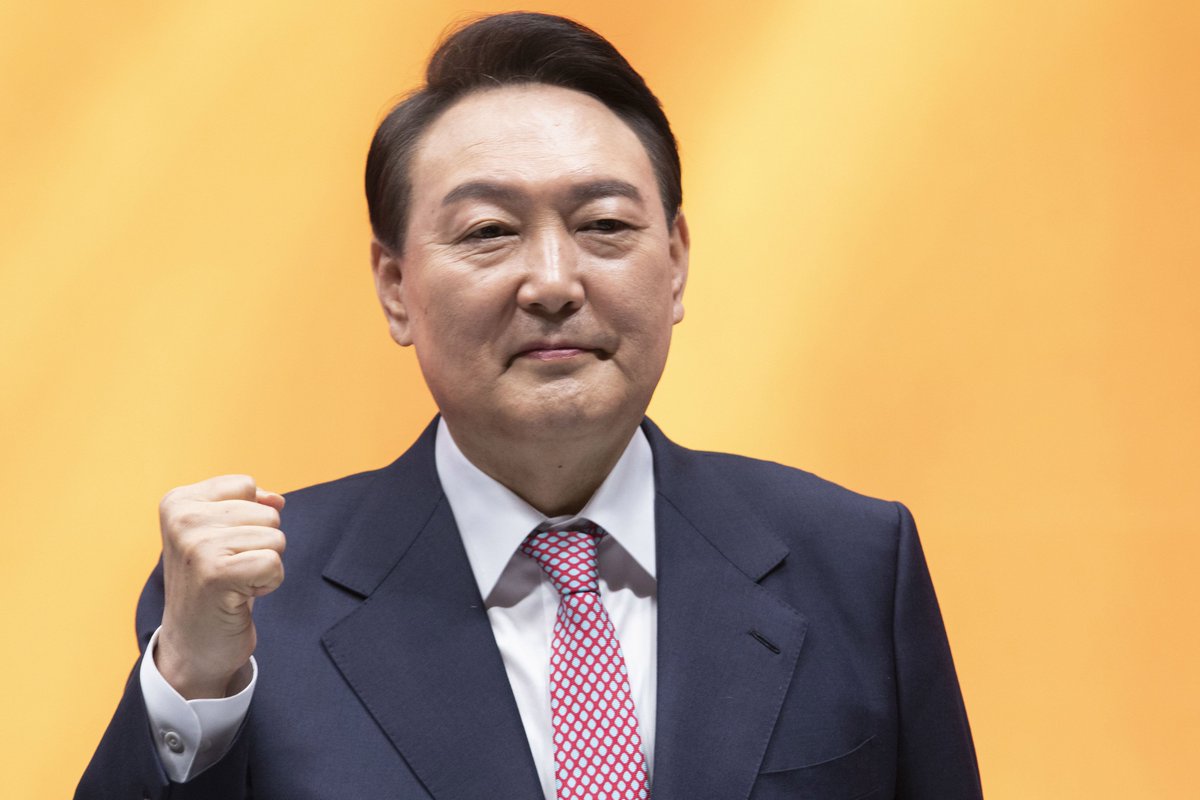
"Some countries have been waging a public opinion war against China in recent years through a series of coordinated campaigns, with translation playing a key role" - Prof Tang Jingtai discusses what needs to be done to regain control over China-related international discourse
1/N
1/N

Prof. Tang of Fudan University's School of Journalism argues that "mistranslations, omissions, additions, and amplifications are frequently observed in Western popular opinion on some key issues and events relating to China."
Tang believes it is mostly driven by two factors: first, an understandable lack of knowledge of Chinese culture, history, political and economic systems, and so on, which leads to mistranslations, conflations, and out-of-context interpretations.
The second group has an ulterior motive: "in order to stigmatize and demonize China, and to deliberately suppress and distort the Chinese information space for winning international political games."
For example, "The vocational education and training centers established in Xinjiang in accordance with the law are essentially schools, but the West refers to them as 're-education camps', a term that is interchangeable with 'concentration camps' in their political context."
Tang further identifies two concerning trends regarding that group: biased translations becoming increasingly large-scale and systematic, as exemplified by the incipient #TheGreatTranslationMovement @TGTM_Official.
Furthermore, substantial technological advancements in machine translation have made this skill more accessible than ever before, albeit with translations that are still overly literal, devoid of context, and lose much of the source material's "emotion and flavor" 情感. Quote:
"Seeing as language translation implicitly involves Western hegemony over global discourse, if left unchecked, the widespread adoption of machine translation will surely further entrench this convention, resulting in the absorption 吞并 of weaker languages by stronger ones.
He continues: "According to discourse theory, the nomenclature of things, upon which meanings and interpretations are added, generates and propagates discourse. Nomenclature power 命名权 and interpretive power 解释权 are in themselves the core essentials of discourse power 话语权
"- they shape the public's social cognition and moral judgments by establishing preset viewpoints and perspectives on how things should be treated and interpreted.
"The chaos of international translations relating to China has led to a severe case of the 'Tower of Babel effect' in China's external communication, that is, a language barrier that leads to the apparent misunderstandings, misjudgments, and even conflicts;
"this has dire effects for the shaping of China's international image and the advancement of its international discourse power.
"Discourse power boils down to the control of the discourse itself, or 'language has always been a companion of the Empire' [quoted from the prologue to the grammar of the Castilian language by Antonio de Nebrija, p. 1492]. 

"Therefore, as the underdog 弱势者 in the international court of public opinion, China should take the initiative in translating key concepts related to China, become a leading player in the shaping and dissemination of global discourse on China-related issues.
"Moreover, China should actively participate in the translation and dissemination of international common expressions on China-related issues, and provide the international community with translations of Chinese discourse as a public service."
More concretely, Tang recommends that China create a dedicated thesaurus for regularly used political terminology and a special database for political keywords [actually, there is one: tppckte.org.cn].
Tang also suggests collaborations with relevant party-state organs and enterprises to provide "accurate translations of historical events that might give rise to skewed interpretations".
China should also provide more timely access in various languages to a greater variety of speeches, documents, and reports by important Chinese party, state, and military leaders.
At the same time, Tang says China should collaborate with the international community and make use of the Internet's self-organized/spontaneous power to find and rectify the diverse issues in China-related translations.
By helping identifying and addressing the root causes of events, Tang concludes, they could contribute to greater objectivity and impartiality of the international public opinion arena.
/End
Link: opinion.huanqiu.com/article/47ZKvp…
/End
Link: opinion.huanqiu.com/article/47ZKvp…
• • •
Missing some Tweet in this thread? You can try to
force a refresh








